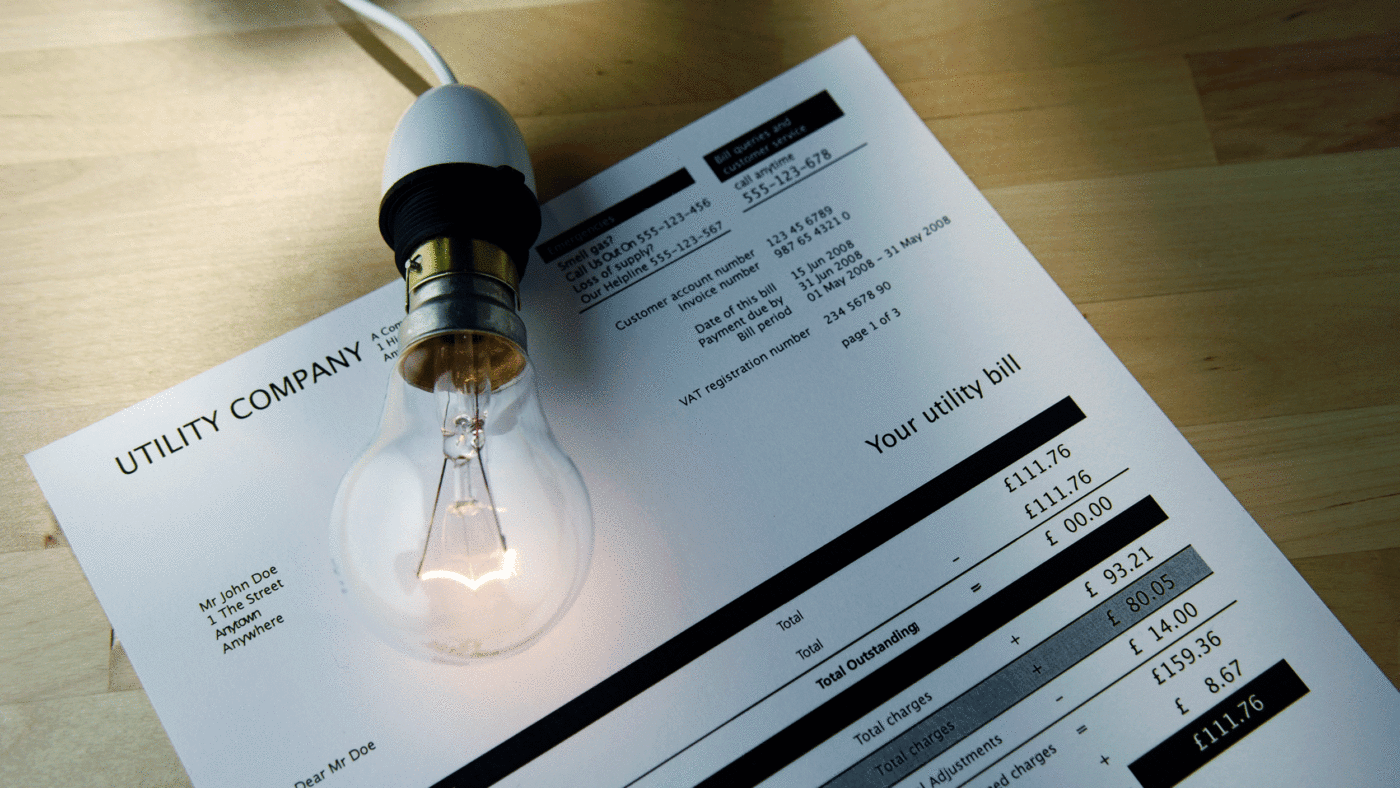The shadow chancellor, Rachel Reeves, recently called for a windfall tax in response to rising energy prices and profits in the energy sector. Originally thought of as a ‘one-off tax on the excess profits of the privatised utilities’, a windfall tax was introduced by the Thatcher government on North Sea oil and gas producers in 1980. The same government then levied a windfall tax on banks in 1981. More recently, there have been calls for a similar tax on companies that have done well during Covid – supermarkets, for instance – thanks to abnormal conditions that brought profits through circumstance, rather than particular commercial skill.
Taxing abnormally large profits is a seductive policy. Proponents make it seem like there are no losers and not many people feel bad for the big guy. But it is far from the easy win that it seems. Windfall taxes are not only highly problematic for business – their cost is actually likely to be borne by ordinary taxpayers.
If a company is hit by windfall taxes, it has several options. It can raise prices, redirect funds marked for investment, or accept a loss or lower return to its shareholders. All of these options threaten households, who are likely to take a hit from losses through pensions, savings and insurance policies, and from rising prices or lower investment.
For instance, George Osborne launched a windfall tax raid on North Sea companies in 2011, raising £2bn for the Treasury but lowering North Sea oil and gas production into the bargain. By 2013-14, North Sea tax revenues had dropped by over 50%. Derek Leith, head of oil and gas taxation at Ernst & Young argued in 2014 that punitive taxation of the industry had reached a tipping point and that Osborne’s tax regime would mean ‘swaths of the UK continental shelf will be pushed into terminal decline‘.
All taxation puts the breaks on the normal operation of the market, which is a burden we must be willing to accept in some cases. However, it is important to ensure that efforts to pursue shared goals have the smallest possible impact on trade and other economic activity. Profit is not just a reward for good work; it is a signal that demand is being met – that’s why government intervention is so often counter-productive.
Labour’s proposals would see windfall taxes on energy companies in order to compensate for the high bills faced by consumers. Investors who anticipated the current high energy prices will lose out relative to their expectations, which will discourage others from taking this gamble in the future. Consequently, there is likely to be a dearth of suppliers who prepare for this situation in the future. That threatens even bigger price rises, which could completely wipe out the benefit of the supposedly corrective tax.
Another unintended consequence is decreased competitiveness. Punishing taxation can benefit market-leading companies, as their incumbent position allows them to absorb a higher degree of loss and longer periods of low profitability than nascent organisations or smaller competitors. What’s more, potential new entrants to certain markets may be put off if they feel they may be subject to whimsical tax hikes, which again only entrenches the biggest firms’ position.
Onerous regulation can also have similar unintended consequences. Successful incumbents are much better placed to reorganise their business practices in short order to meet new regulatory demands. This is important, because it shows how the competitiveness of the energy sector is already under threat from government interventions in the market, and could be severely hamstrung by the cumulative effects of windfall taxes as well. As Ofgem reports, 15.33% of the standard variable tariff in the UK is a direct consequences of green levies on energy. Aside from taxes and regulations that directly cost consumers, the Government has a number of policies on the books which make producing energy more difficult and expensive for producers, such as the supplementary charge. Remember too that the industry already pays a higher rate of corporation tax – 30%, rather than the 20% paid by most companies.
Instead of searching for new taxes and more regulation, politicians should instead look at the ways in which current interventions already push up prices. They ought to remember that companies are merely a bundle of contracts – they can no more pay tax than your TV can pay the licence fee. In the end, taxpayers and consumers will always lose out.
Click here to subscribe to our daily briefing – the best pieces from CapX and across the web.
CapX depends on the generosity of its readers. If you value what we do, please consider making a donation.


